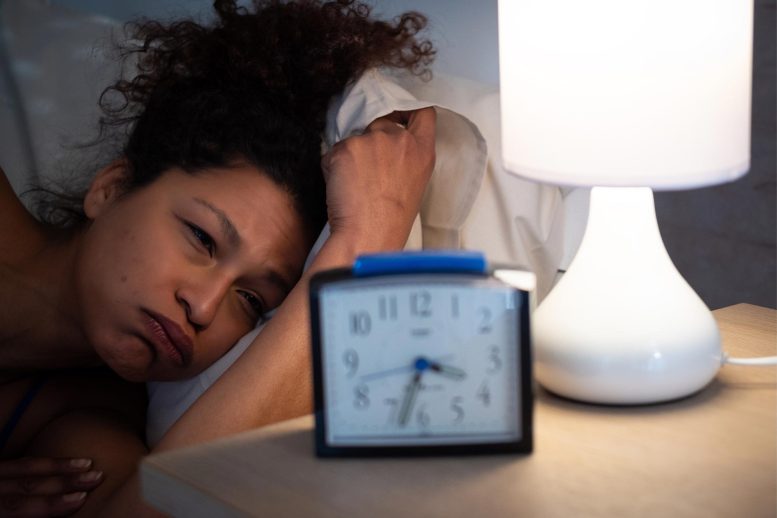
More Than Two Million Nights of Sleep and Blood Pressure Were Examined by the Researchers
Inconsistencies in sleep time and length were linked to a higher risk of hypertension, according to a study that examined more than two million nights of sleep and blood pressure data.
According to the findings, a 9% to 15% higher risk of hypertension was linked to high sleep duration irregularity. Furthermore, a 38-minute increase in sleep midpoint irregularity was linked with an 11% risk increase, while a 31-minute increase in sleep start time irregularity was associated with a 29% risk increase.
“This new approach to noninvasive nightly monitoring of sleep duration and timing in people’s homes for an average period of six months each combined with regular blood pressure monitoring has shown us just how important having a regular sleep routine and getting enough sleep is for your health, in this case, your heart health,” said lead author Hannah Scott, who has a doctorate in sleep health and is a sleep health research associate at the Adelaide Institute for Sleep Health (AISH), Flinders University.
“These novel data shed new light on the restorative benefits of sleep and raise potential concerns for the substantial proportion of shift workers in our modern 24-hour society.”
12,300 volunteers aged 18 to 90 provided data during a nine-month period, which the researchers then analyzed. A portable blood pressure monitor and an under-mattress sleep device were used to capture the metrics. The standard deviation of total sleep time was used to determine the regularity of the sleep duration. Similarly, the standard deviation in sleep onset time and sleep midpoint was used to determine the regularity of sleep timing.
Sleep Irregularity’s Impact on Heart Health
Logistic regressions controlling for age, sex, body mass index, and average total sleep time were conducted to investigate potential associations between sleep regularity and hypertension, which was found in 2,499 participants.
“These new insights into the potential adverse impact of irregular sleep timing and duration on heart health further highlight the importance of the role synchronizing the body clock and prioritizing enough sleep opportunity for optimal health and wellbeing,” said senior author Danny Eckert, who has a doctorate in sleep and respiratory physiology and is professor and director of AISH.
The researchers noted that prior studies of sleep and heart health have been limited in sample size and restricted to a short period of time. The current study investigated associations between sleep regularity and hypertension in a large, global sample over multiple months.
Reference: “0204 Sleep Irregularity Is Associated with Increased Risk of Hypertension: Data From Over Two Million Nights” by Hannah Scott, Bastien Lechat, Amy Reynolds, Nicole Lovato, Pierre Escourrou, Peter Catcheside and Danny Eckert, 25 May 2022, SLEEP.
DOI: 10.1093/sleep/zsac079.202
This was an unfunded investigator-initiated study. Deidentified data were provided by Withings for unrestricted investigator-led analysis. One of the co-authors serves as a consultant for Withings.
Never miss a breakthrough: Join the SciTechDaily newsletter.